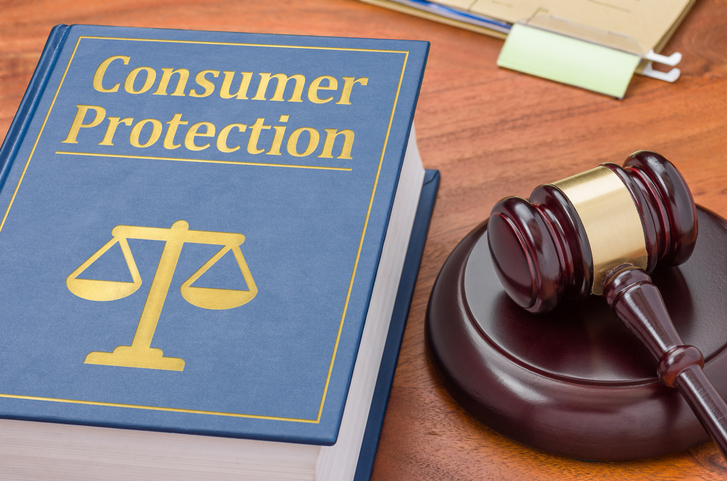
Federal law prohibits the use of misleading or intentionally deceptive advertising. Any claims made about a product must be backed by factual substantiation. If you are harmed by false advertising, you are encouraged to report the incident to the Federal Trade Commission for investigation. You are also entitled to seek monetary compensation through a class action lawsuit. Contact Kantrowitz, Goldhamer & Graifman to speak with a false advertising lawyer free of charge and fully explore your legal rights.
What Do You Need to Prove in a False Advertising Lawsuit?
Consumers can prove false advertising lawsuit cases if they can show that:
Do You Have a Case?
Let our experienced class action attorneys determine whether you have a case.
- A product was advertised in a false, misleading, or inefficient way.
- The company lied about something “material” or important.
- They witnessed the false advertisement prior to purchasing or using the product.
- The false information led them to purchase, use, or pay more for a product they wouldn’t have otherwise invested in, had it not been for the deceptive advertising.
A false advertising lawsuit can also be filed due to critical information being omitted. The company can then be held liable for “failure to disclose.”
Companies face criminal and civil penalties for false advertising. New York’s General Business Law allows consumers to collect up to $50 in statutory penalties for each false ad. In addition, consumers may also be able to sue for damages to recover money they paid for a falsely advertised product or service.
Types of False Advertising Lawsuit Cases
Kantrowitz, Goldhamer & Graifman can help you with any of the following false advertising lawsuit cases:
- Bait and Switch – The product or service you receive is not the one that was advertised.Promised features are never provided,or the advertised “bargain deal” doesn’t actually exist.
- Credit and Financing – Companies cannot advertise a rate or the availability of financing without disclosing terms and conditions that apply. They must honor the advertised sale price.
- Deceptive Guarantee or Warranty – Contract law requires certainty of terms as to what a warranty will or will not cover. A company must agree to uphold the warranty or refund they advertise.
- Hidden Fees – A company advertises a low price, but doesn’t mention other costs, such as equipment rental or ongoing maintenance costs.
- Misleading Labels – Tricking consumers into feeling they are getting a deal when, in fact, there is no merit to the claim. Examples might be calling something “all natural,” even though ingredients are synthetic or calling something “green” even though it contains pesticides.
- Poor Quality – Companies sometimes use oversized packaging, fillers, or manipulated measurements to make consumers believe they are getting good value for their money. Consumer lawsuits have found some bags of potato chips are 54% empty space, for example.
False advertising can impact any brand — no matter how longstanding, trusted, or respected. Companies like Dannon, Taco Bell, Olay, Hyundai, Groupon, Kellogg’s, and New Balance have all paid millions in false advertising claims in the past.
Do You Need a False Advertising Lawyer?
The class action lawsuit lawyers at Kantrowitz, Goldhamer & Graifman have an impressive track record of recovering substantial settlements and awards in consumer class actions, including false advertisement lawsuits. In addition to recovering compensation, we take our role as consumer advocates seriously, lobbying for important industry reforms and pursuing the common good.
Contact our class action attorneys to schedule a free case review. It costs nothing to begin working with a false advertising lawyer; you only pay a legal fee upon the successful resolution of your case.

